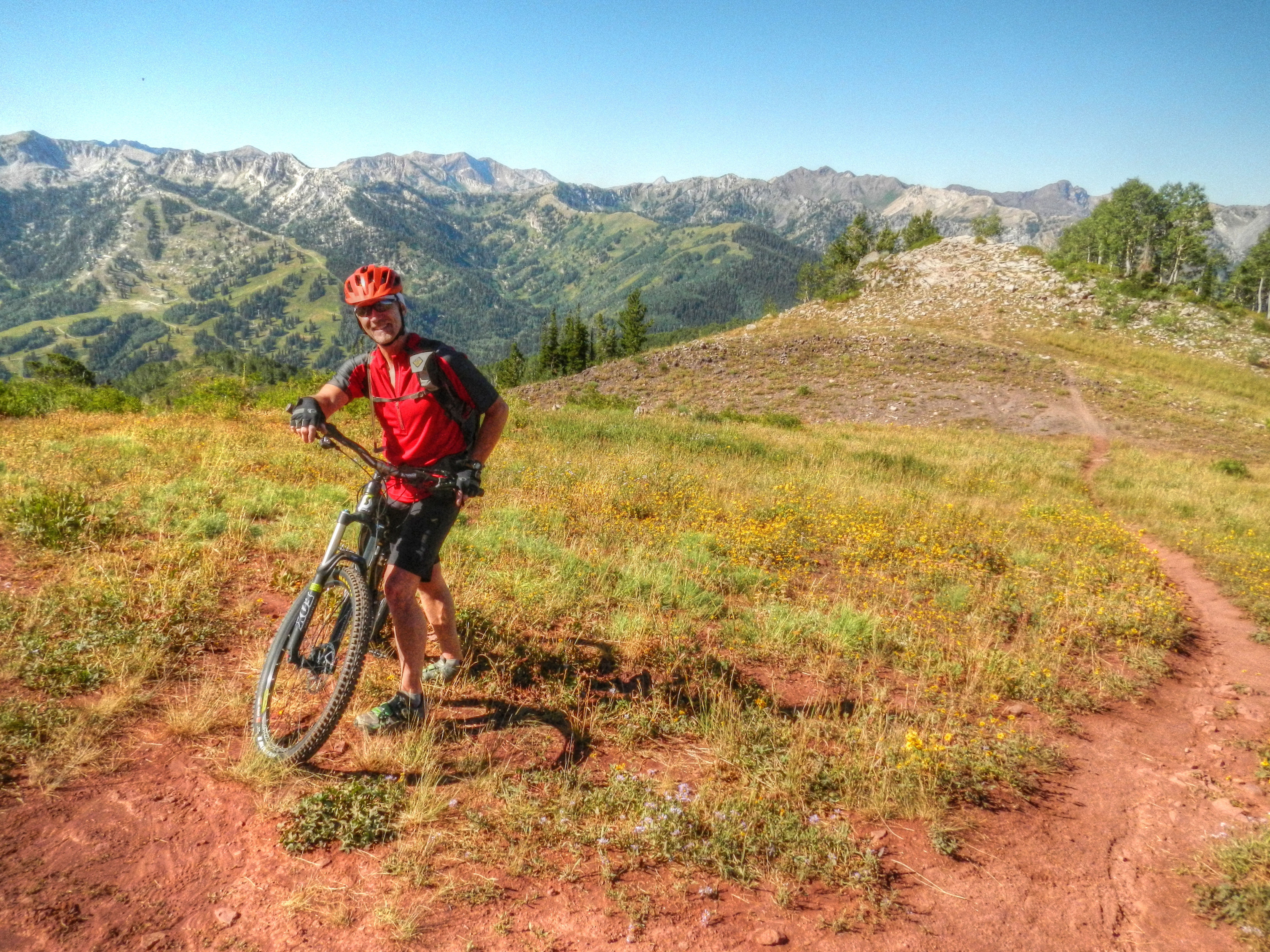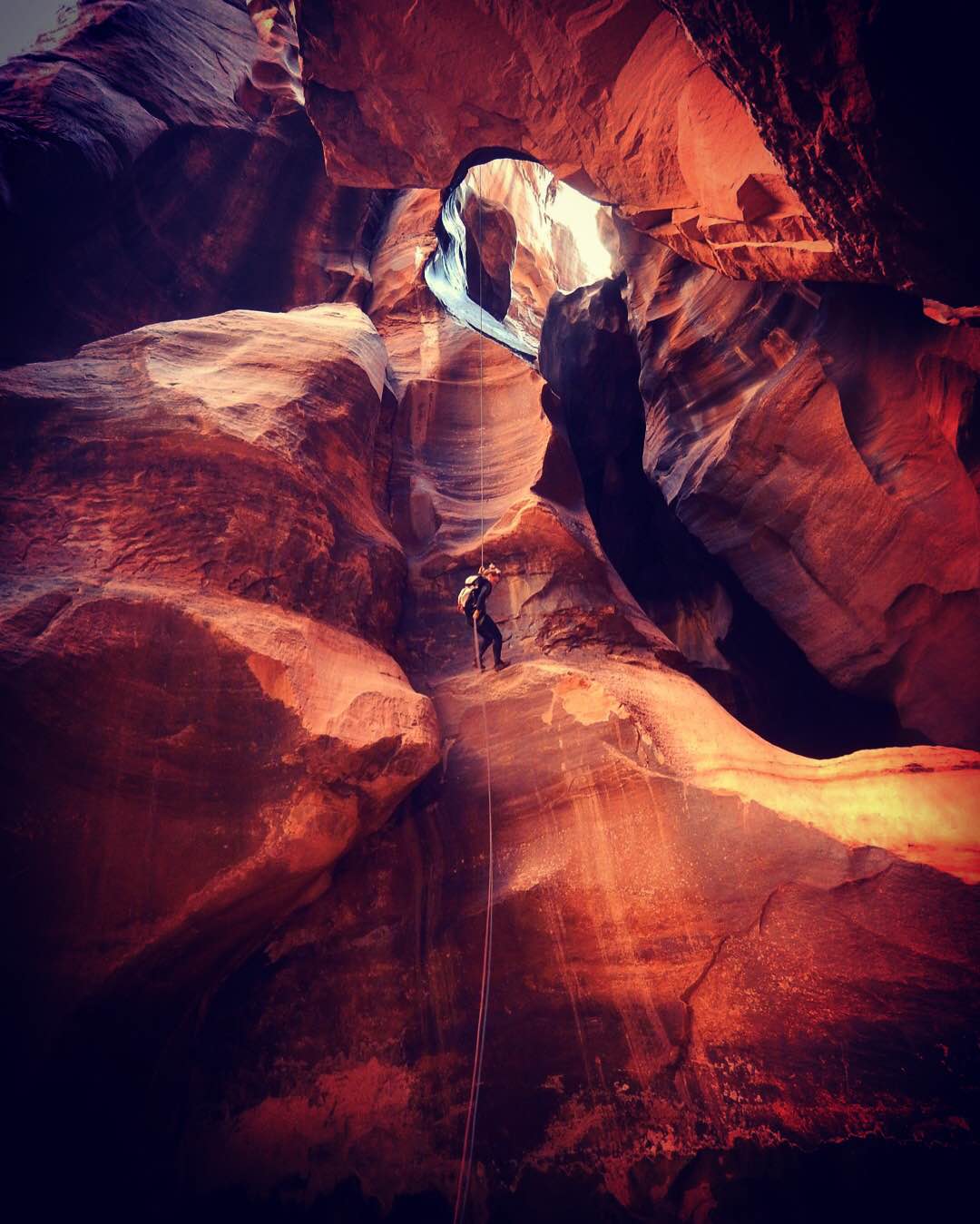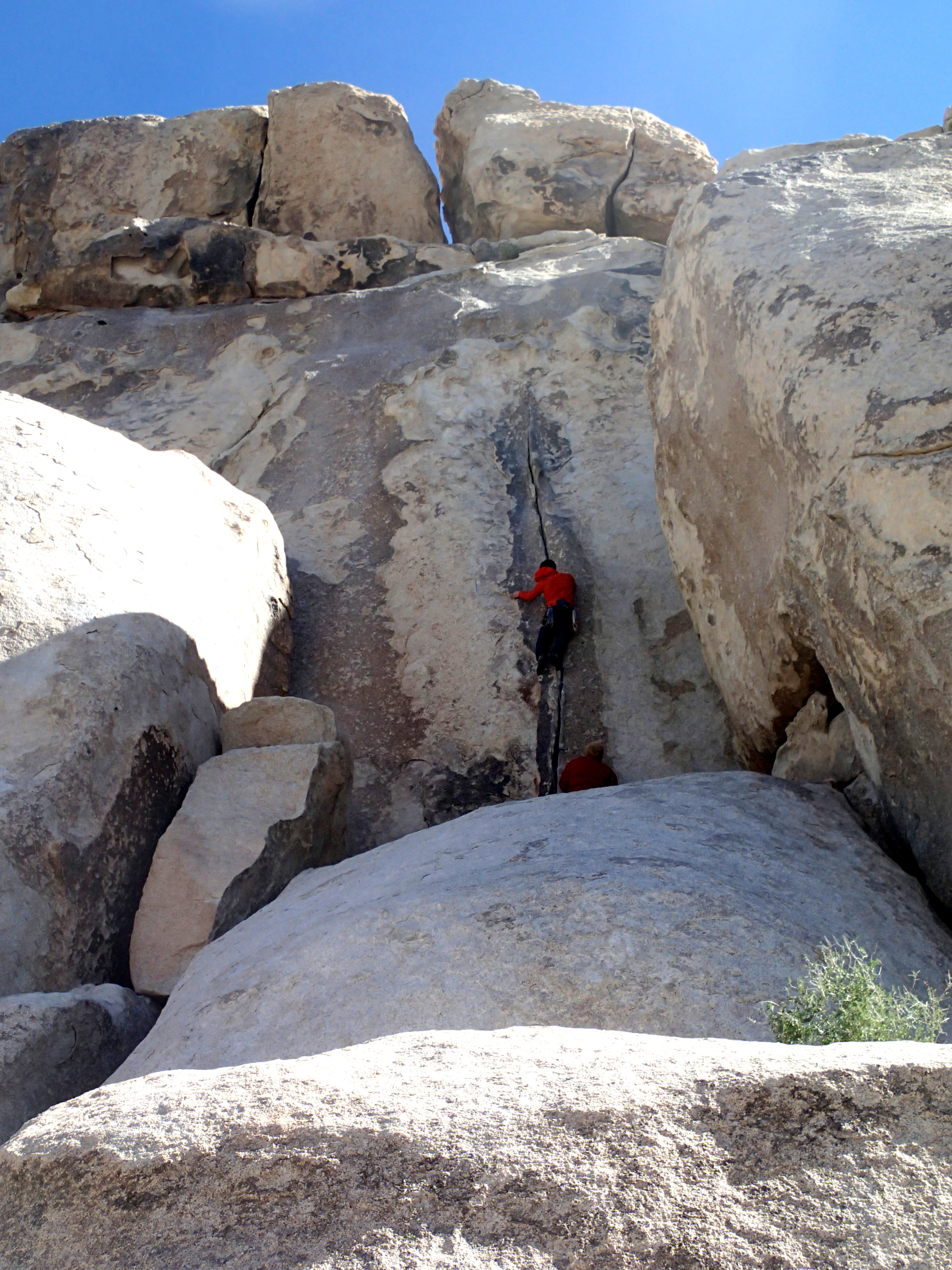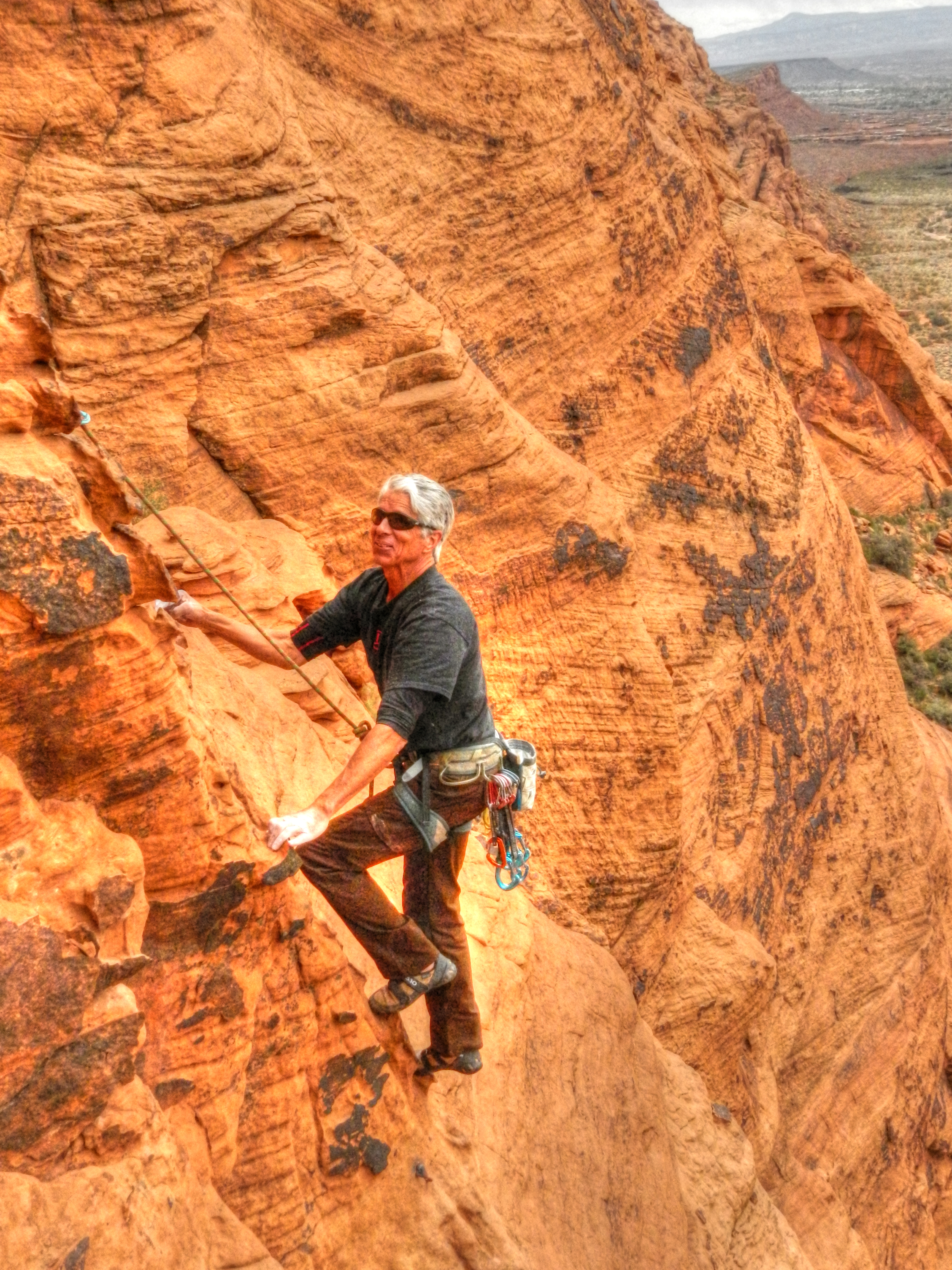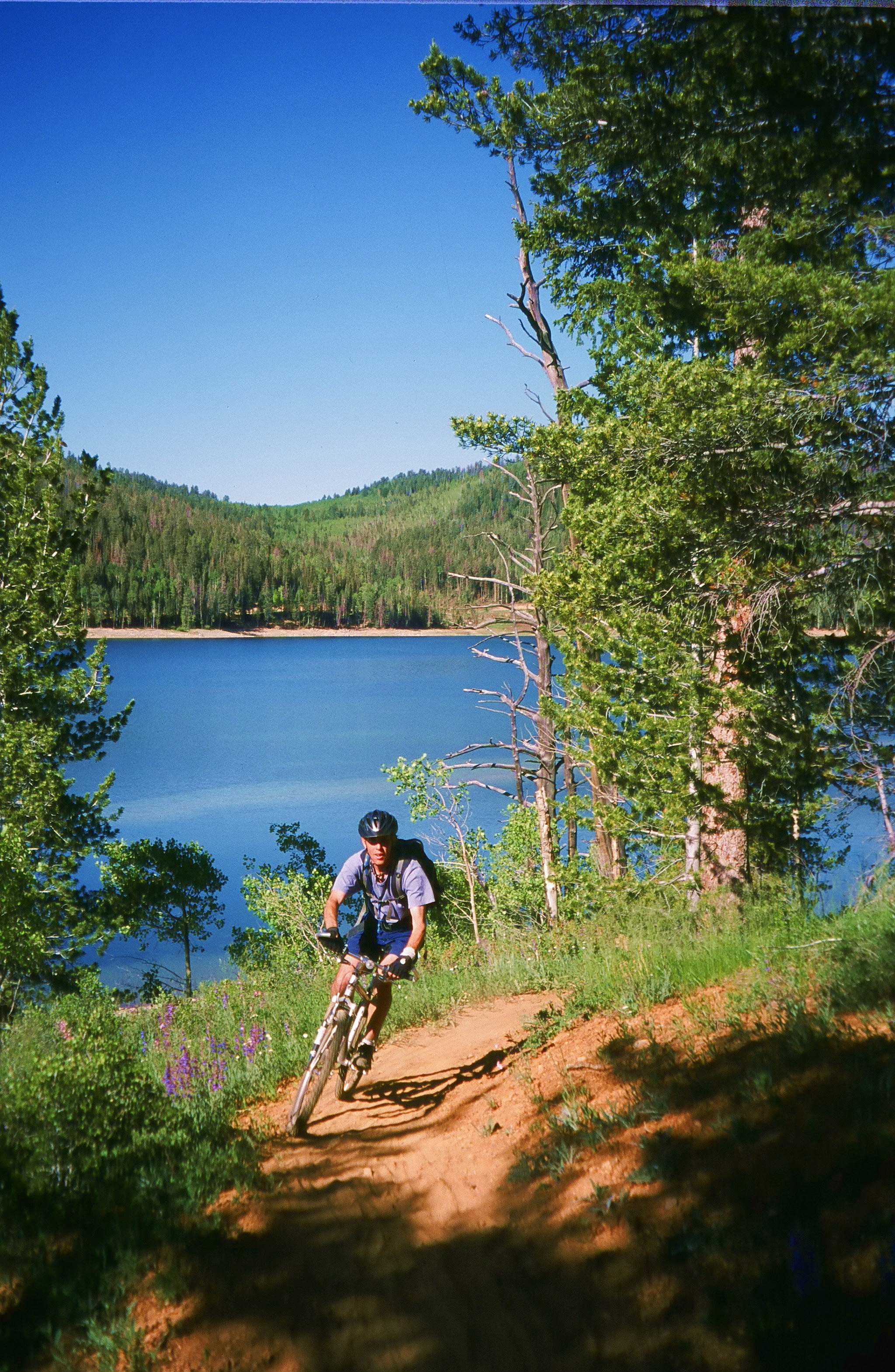
The Coolness
Growing up east of the Rocky Mountains leaves a person unprepared for the effects of high elevations above sea level. In the middle of summer heat and humidity, the distances that you would have to drive to the north to experience a 40° temperature drop anywhere east of Kansas would be in the thousands of miles. Around here you can make that drive on a quarter tank of gas, and not break any traffic laws in the process.
